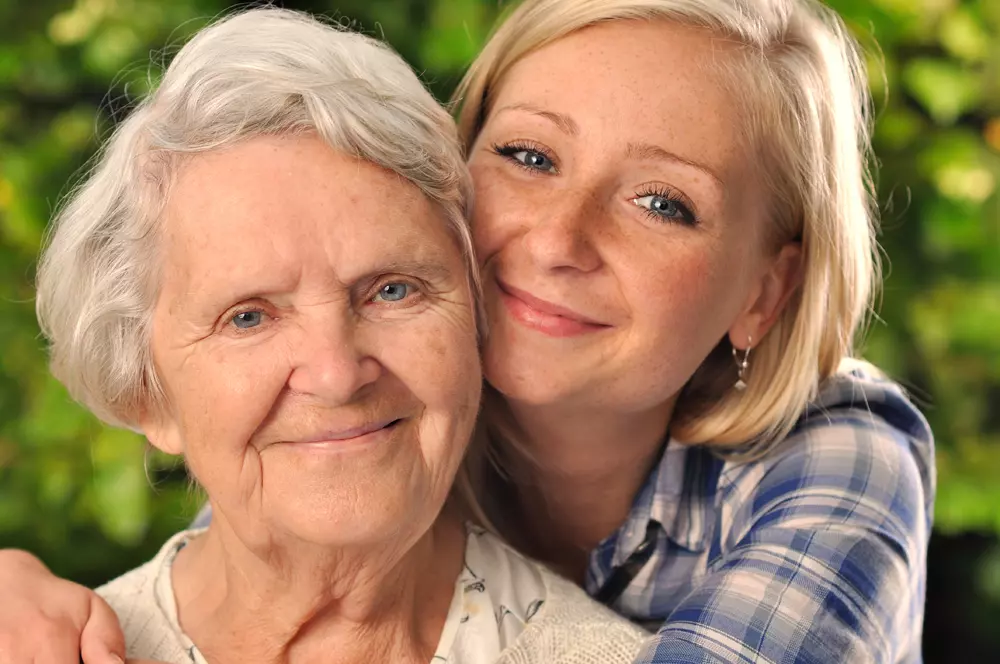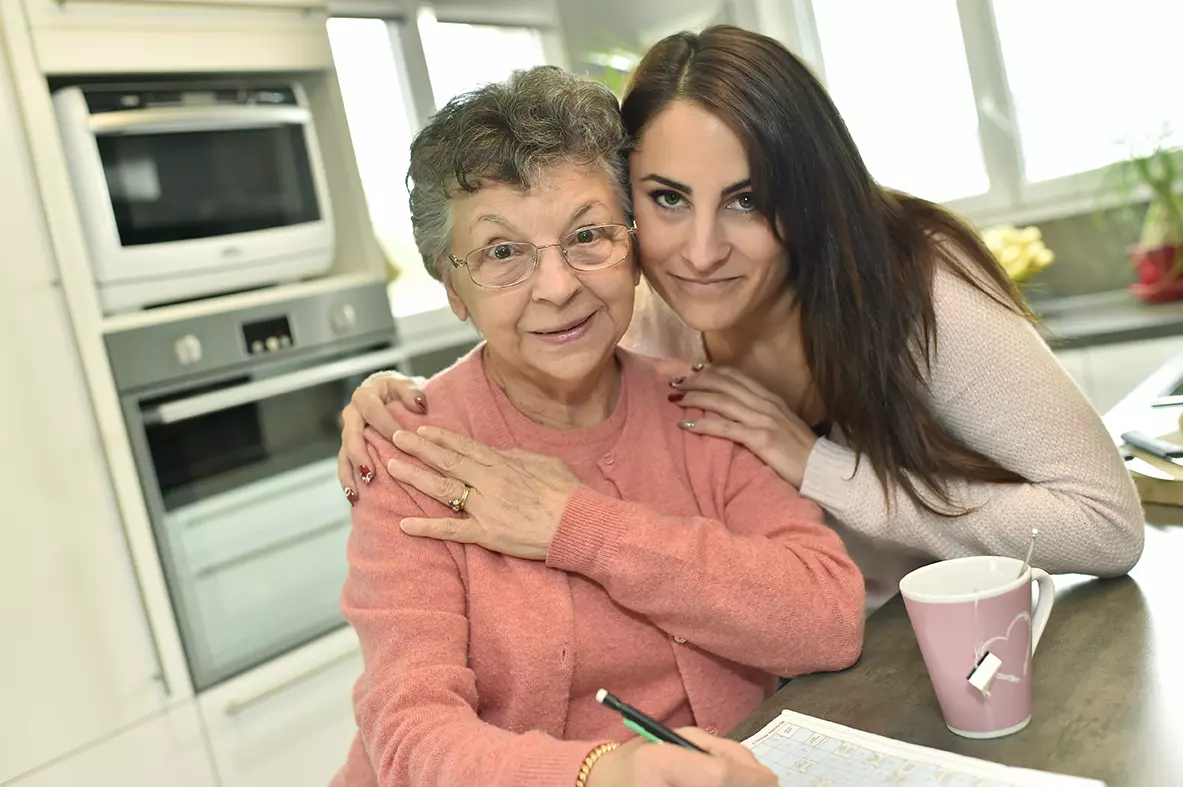
As we age, our sense of taste can change, making meals less enjoyable and less nutritious for the elderly. Loss of taste perception can lead to decreased appetite, weight loss, and even malnutrition. However, there are ways to help your elderly loved ones regain the pleasure of eating and maintain their health. In this article, we will explore various strategies to restore the taste of food for the elderly.
Assess their dental health
Dental problems can be a common cause of taste alterations in the elderly. Make sure your loved one's dental health is up to par. Regular dental check-ups, proper denture care, and addressing any dental issues can significantly improve their taste perception.
Opt for flavorful foods
Encourage the consumption of foods with strong and appealing flavors. Season meals with herbs, spices, and condiments to enhance taste. Garlic, basil, ginger, and lemon are just a few examples of flavor-boosting additions.
Find YOUR ideal care home NOW!
Serve a variety of textures
Texture plays a crucial role in the eating experience. Offering a mix of textures, from crunchy to creamy, can make meals more enjoyable for the elderly. Consider adding crispy vegetables, tender meats, and smooth sauces to the menu.
Experiment with different cuisines
Exploring various cuisines can introduce new and exciting flavors to your loved one's palate. Thai, Indian, Mexican, and Mediterranean cuisines, for instance, are known for their rich and diverse flavors that can rekindle their taste for food.
Stay hydrated
Dehydration can dull taste buds. Ensure your elderly loved ones are well-hydrated, as this can improve their ability to taste. Offer water throughout the day and consider hydrating foods like fruits and soups.
Practice mindful eating
Encourage your loved ones to savor their meals slowly and mindfully. Focusing on each bite and taking the time to appreciate the flavors can enhance their dining experience.
Provide frequent, smaller meals
Smaller, more frequent meals can be more appealing to older adults than large, overwhelming portions. This approach can also help maintain their energy levels and prevent weight loss.
Consider Oral Health Supplements
Some elderly individuals may benefit from oral health supplements specifically designed to improve taste perception. Consult with a healthcare provider to determine if these supplements are suitable.
Social dining
Eating with others can be a joyful experience that stimulates appetite. Whenever possible, encourage your loved one to dine with family or friends, fostering a positive atmosphere around food.
Seek professional help
If taste alterations persist and significantly affect your loved one's quality of life, consider consulting a healthcare professional, such as a dietitian or nutritionist. They can provide personalized advice and dietary adjustments.
Strategies to Enhance Flavor and Enjoyment of Food
| Strategy | How It Helps | Examples |
|---|---|---|
| Use Stronger Flavors | Enhances taste perception and enjoyment | Garlic, ginger, lemon, basil, turmeric |
| Incorporate a Variety of Textures | Makes meals more engaging and satisfying | Crispy vegetables, smooth sauces, tender meats |
| Encourage Social Dining | Boosts appetite and enjoyment of meals | Family meals, dining with friends, group settings |
| Experiment with Different Cuisines | Introduces new flavors to stimulate appetite | Thai, Indian, Mexican, Mediterranean dishes |
| Provide Frequent, Smaller Meals | Prevents overwhelming portions and encourages eating | Light snacks, small plated meals throughout the day |
Restoring the taste of food for the elderly requires patience, creativity, and understanding. By addressing dental health, diversifying meals, and paying attention to the dining experience, you can help your loved ones regain their appreciation for food. A well-balanced and flavorful diet not only enhances their enjoyment of meals but also contributes to their overall health and well-being.
FAQ:
1. Why do seniors experience a reduced sense of taste?
Aging naturally reduces taste bud sensitivity, and factors like medication, dehydration, and dental health issues can further impact taste perception.
2. How can I help an elderly person enjoy their meals more?
Enhance flavors with herbs and spices, provide a variety of textures, and encourage social dining to make meals more enjoyable.
3. Can dehydration affect taste?
Yes, dehydration can cause dry mouth, which dulls taste perception. Ensuring proper hydration can improve taste and appetite.
4. What foods can naturally enhance flavor for seniors?
Garlic, ginger, citrus fruits, fresh herbs, and flavorful spices can enhance meals without adding excess salt.
5. When should I consult a doctor about taste issues?
If taste alterations persist and affect appetite or nutrition, consult a healthcare professional for dietary adjustments or medical evaluation.
We are here to help you choose a care home or facility best suited to your needs. Do not hesitate to contact us on the following number: 0230 608 0055 or fill out this form.
Do you need a care home for yourself or your loved one?
Share this article :
Latest posts
You are looking for an establishment for your loved one ?
Get availability & prices
Fill in this form and receive
all the essential information
We would like to inform you of the existence of the opposition list for telephone canvassing.











